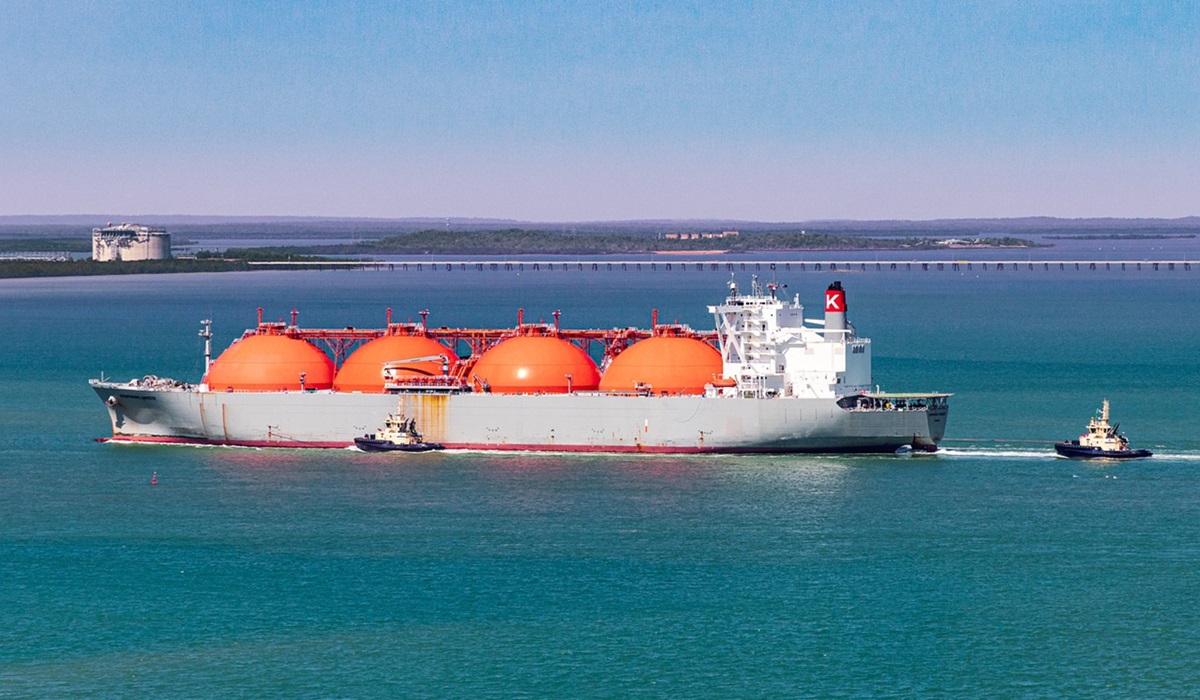Image credit, Garry Chapple
In the shadows of geopolitical turmoil, war emerges not just as a theater of conflict, but as a lucrative business enterprise, with America reaping substantial gains from the chaos. Recent revelations shed light on the intricate nexus between warfare, geopolitics, and economic interests, exposing a troubling truth: peace may not always be in the best interest of those who profit from conflict.
At the heart of this revelation lies the ongoing crisis in Ukraine, where multiple peace agreements have been tantalizingly close, only to be derailed by the strategic interests of key players, notably the UK and the US. Despite public posturing for peace, these nations’ actions speak louder than their words, as they actively thwart potential resolutions, perpetuating the conflict for their own gains.
One of the most significant beneficiaries of this sustained conflict is the United States, whose economic interests intertwine intricately with the dynamics of war. The imposition of Russian sanctions by the US and its allies, ostensibly in the name of upholding international norms, serves a dual purpose: not only does it exert pressure on Russia, but it also consolidates America’s grip on the global energy market.
As Europe grapples with the fallout of Russian sanctions, it finds itself increasingly reliant on alternative energy sources, with American liquefied natural gas (LNG) emerging as a preferred option. Over the past two years, the EU has pivoted towards American LNG, diversifying its energy supply away from Russia. This strategic shift has positioned the US as the primary supplier of LNG to Europe, with nearly half of the continent’s LNG imports originating from American shores in 2023.
However, the economic calculus reveals a stark disparity: while American consumers enjoy the benefits of significantly cheaper domestic gas prices, Europeans are forced to pay inflated rates for the same commodity. This glaring double standard underscores the profit-driven nature of America’s energy exports, as officials openly acknowledge the windfall from selling gas at higher prices abroad.
In a recent interview, a prominent official candidly pointed out that the US stands to gain substantially from the ongoing conflict, not only through the sale of gas at inflated prices but also through increased arms sales. The intertwining of economic interests with geopolitical strategies paints a sobering picture of modern warfare, where profit margins often eclipse humanitarian considerations.
As the world grapples with the consequences of perpetual conflict, the specter of war as a profitable venture looms large, challenging notions of peace and stability. In the corridors of power, decisions are made not solely on moral imperatives but on economic incentives, perpetuating cycles of violence and discord. In this landscape, the true cost of war transcends the battlefield, casting a long shadow over the prospects for lasting peace and prosperity.









